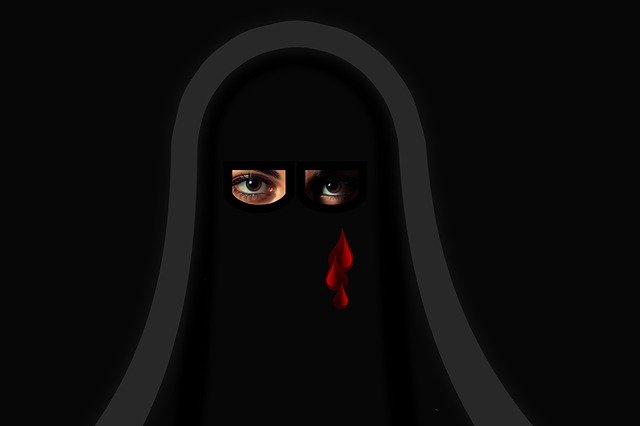
The Universal Language of Grief
The Universal Language of Grief
I have been writing a lot about grief and loss, mostly because grief is so present in our lives right now. Everywhere we look, there is death – obviously, death from Covid, but also a myriad of other deaths and losses both large and small. Not only is there tangible and physical death, but also the death of civility, respectful discourse, empathy, and connection. Our world, more than ever, seems to have lost the capacity for coming together. Instead of uniting for the common good, we seem to be retreating into our own, “What’s in it for me?” stances. We act as if we have nothing in common with anyone else. We act as if our actions affect only ourselves, when in fact, everything we do separately affects the whole world collectively.
Yesterday I learned of the death of another friend and colleague. It is one more loss in a year that has been a rollercoaster of loss. So many old friends have passed, not from Covid, but from other causes. Each loss fills me with grief and the anticipation of my own demise.
Of course, I am not the only one who has experienced grief. There is a deep, collective grief that everyone seems to be feeling right now. Grief is the one thing that we all have in common. It is a universal emotion that, sooner or later, everyone experiences. It is not something that we can avoid or pass through unscathed. It is not something that can be smoothed over. It is not something that we can buy our way out of. When grief arrives, it cracks us open and brings us all to our knees. It changes us irrevocably.
I believe that those of us on a spiritual path are called upon to hold the container for grief. We are called to be still and to allow the grief to flow through us, and in that flow, to allow that grief to be transmuted into love.
And that just sucks! I don’t want to feel all this grief! I don’t want to carry this burden! I want to go back to the days when I didn’t know grief, when the heaviness didn’t fill my soul. And yet, if not me, who?
The brokenness and vulnerability of grief forces me out of myself. It opens me to a new way of seeing, to a new breadth and depth of empathy and love. It connects me to others in a way that nothing else does. It is the one language that everyone eventually speaks and understands.
Grief is also a catalyst to action. While I hold the container for grief in one hand, I am compelled to act with the other hand. As I open space for my grief and the grief of my friends, I am compelled to respond with empathy and love. If I am grieving over something like racism or climate change or women’s issues, I hold the grief, while at the same time, I march in protest to make changes.
So then, I accept the challenge of holding the container for grief. I accept the challenge of opening my eyes and heart to a grieving world. I accept the challenge of speaking the common language of grief with people with whom I deeply disagree. The language of grief may just be the language that can heal a broken world.
Barbara Garland
September, 2021
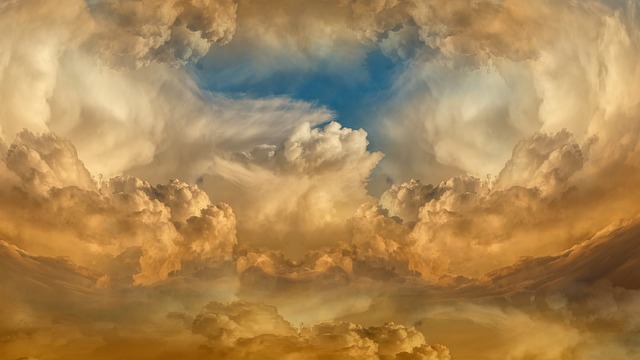



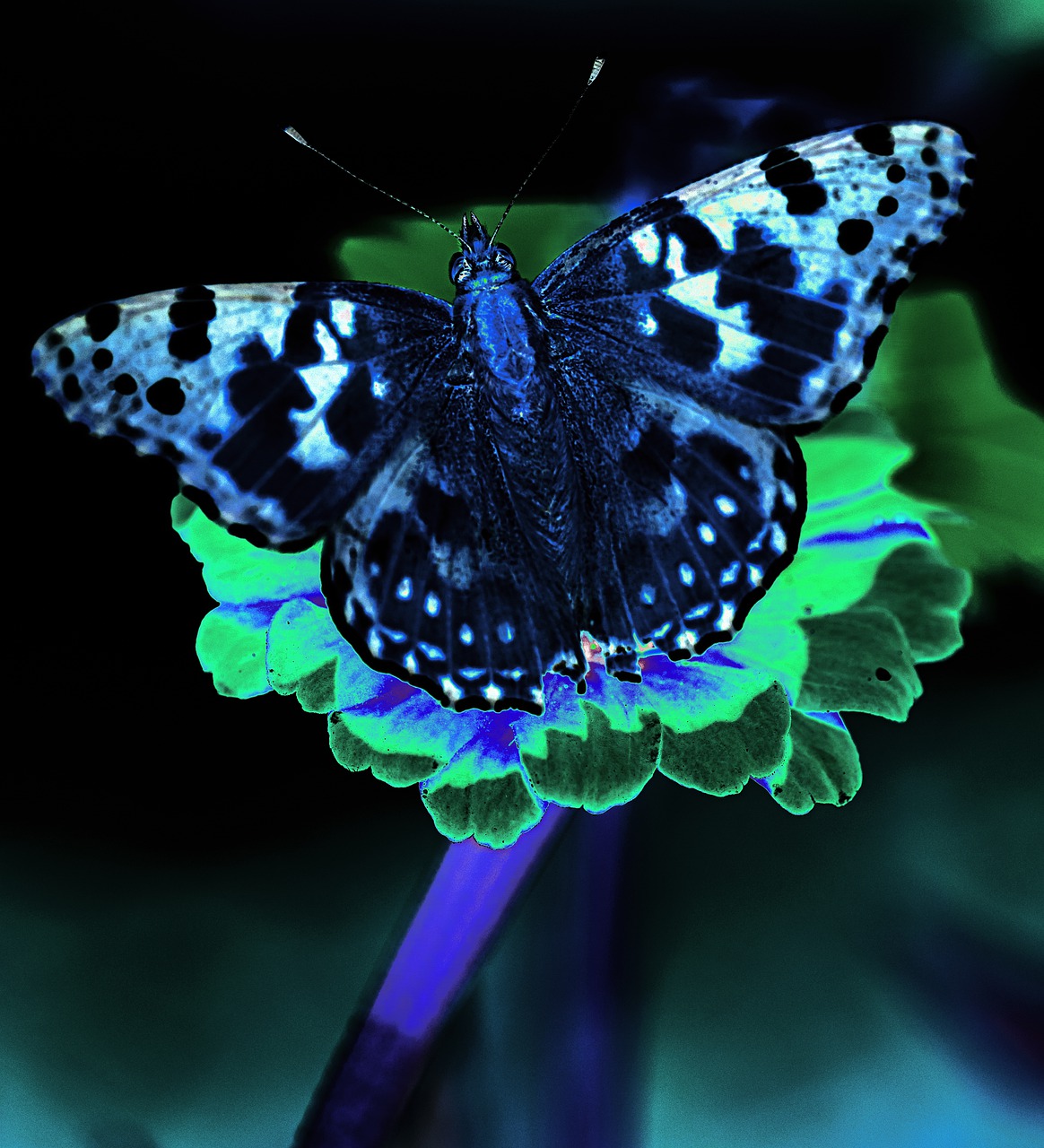

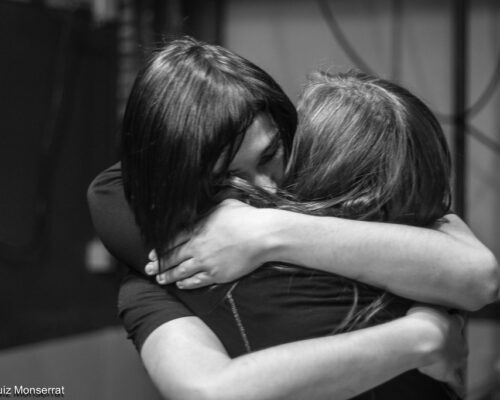

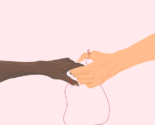
-
Tagged courage, Politics, Speaking My Truth, spirituality